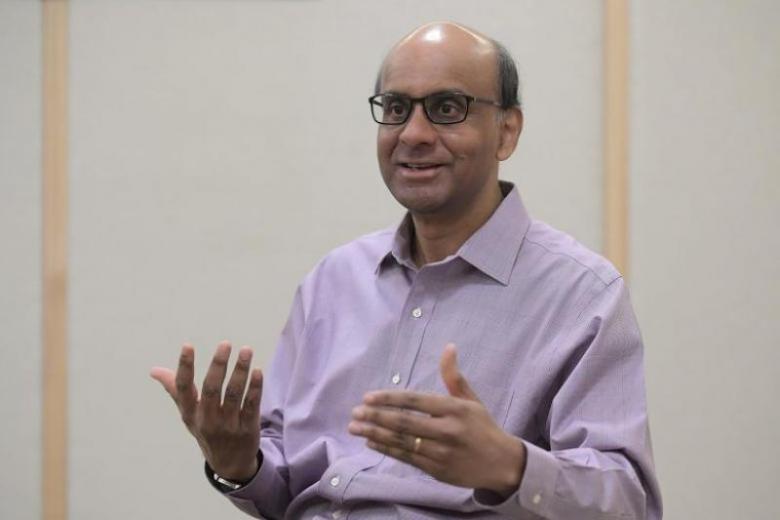Singapore is no more than one-third of the way into its SkillsFuture journey, and there is a long way more to go in developing a culture of continuous training and learning, Deputy Prime Minister Tharman Shanmugaratnam said.
He said employers have been slow to embrace training, adding that more engagement is needed to help companies see the benefits of investing in their employees.
To speed things up, SkillsFuture Singapore (SSG) will focus its efforts on bringing on board small and medium-sized enterprises (SMEs), which are facing challenges adapting to the changes wrought by globalisation and technological advances.
Mr Tharman, who chaired the SkillsFuture Council set up to look into lifelong learning in 2014, was giving an assessment of the initiative at a Jan 11 interview with The Straits Times.
Describing his take on the journey as an "impressionistic statement", he said: "It's not fast enough and we need to step up the pace... There's a long way to go, especially to develop that culture among employers."
Smaller businesses, particularly, are impeded by inertia.
SSG chief executive Ng Cher Pong said while many bosses recognise the need to upgrade their workers' skills as they transform their businesses, some SMEs do not know about training opportunities and funding support available, or lack the capabilities to draw up and implement training plans for workers.
The tight labour market has also deterred them, as it means workers can easily leave for another job after money is spent on training them.
Mr Tharman said: "But, really, what you want is a culture where even if people are moving, what goes around comes around. So if every employer is investing in their people, the quality of the new hires you get will also be higher even if you lose some of your own."
To better reach out to these companies, SSG is working more closely this year with trade associations and business chambers, and has set up an enterprise engagement office. The statutory board is also involved in the industry transformation maps being rolled out for various industries, to explain to the firms how training can support their transformation.
Mr Tharman said courses must make sense for employers, and curators are being trained to better curate courses.
Said Mr Ng: "For us to move the needle on SkillsFuture, we really need to have many more SMEs come on board, because ultimately SMEs employ the bulk of our workforce. If the SMEs are not embracing this, then it's an issue."
He added that SkillsFuture ultimately is a movement to change mindsets about lifelong learning.
To measure how effective it is, SSG is closely monitoring a basket of indicators, such as the participation rate of specific programmes and the national training participation rate.
SSG is also looking at how to measure whether the training culture has changed, and is mulling over a survey, said Mr Ng.
Mr Tharman said that culture has to be nurtured, and will not happen instantaneously. "Every society has this same problem. We are going about it much more systematically than most, in a very deliberate fashion. There's no other country with as deliberate a strategy as SkillsFuture," he added.


